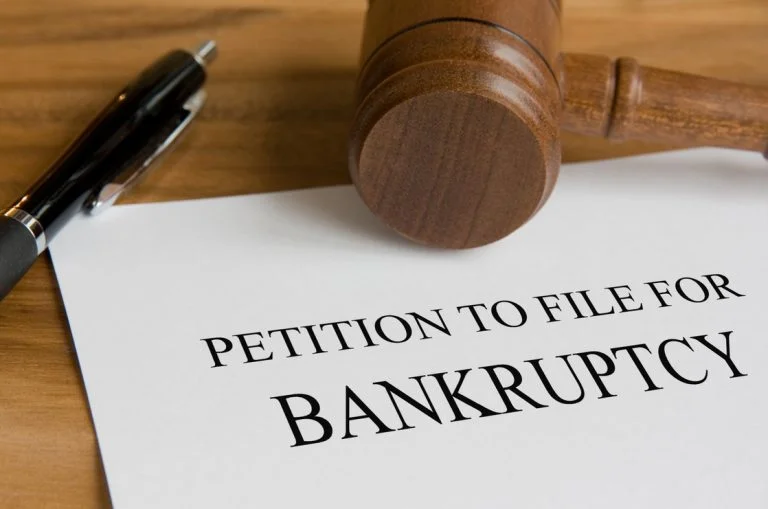What is asset protection?
Asset protection is the legal safeguard of your assists. Every state has enacted laws which allow individuals to legally protect their assets from future creditors. Asset protection is not an attempt to defraud creditors, which is a criminal offense. Asset protection is not hiding your assets; it is a properly structured plan which allows the debtor to reveal the nature and structure of the plan without sacrificing its integrity.
Why do I need to protect my assets?
Sadly legal action has become a part of our daily lives. Whether you are a millionaire real estate investor or a single family home property owner, you should protect the assets you strive so hard to gain. Even the most careful individual can be involved in an accident that can lead to a litigation action that may leave them open for liability. Being proactive can save you thousands of dollars and protect the asset you work so diligently for.
Types of protection
While there are legal, financial, and tax consequences of each of the following types of asset protection that should be discussed with legal representation, I have listed a few to start you thinking about your options.
Estate Planning– Recent events in the Terri Shrivo case have highlighted the importance of estate planning. This case demonstrates not only the financial impact of assets protection, but also the emotional issue that can arise when a person has not created estate documents. The most common type of estate planning protection is the creation of trusts. Trust creation is cost effective and easy. The creation of a trust can protect assets for future generations.
Corporate Formation– Corporate formation should be used to protect not only businesses but other types of assets that can be attached by creditors. Nevada corporate law and Nevada licensing rules make it very easy to create a corporate entity to protect assets of a business. Whether that business is the operation of a multimillion dollar company, a rental property, or a dog sitting business, setting the business up as a separate entity can protect your individual assets from creditors in the event your business is found liable for damages in a civil litigation.
Other asset protection devices- A properly drafted contract can protect your assets by including strong indemnification language which requires the other party to protect you in the event of litigation. Prenuptial agreements can also be a strong tool in protecting your assets. A well drafted prenuptial agreement can prevent future issues leading to the loss of assets, divorce and child support issues.
These are just a few types of asset protection tools that can be implemented by a licensed attorney to shelter your assets. You should consult a lawyer and develop a plan that helps you to keep the assets which you work so hard to procure.







